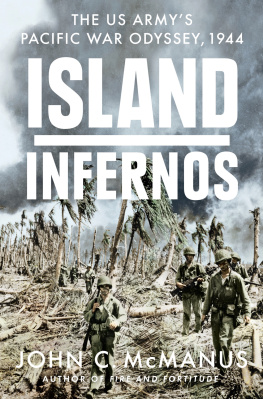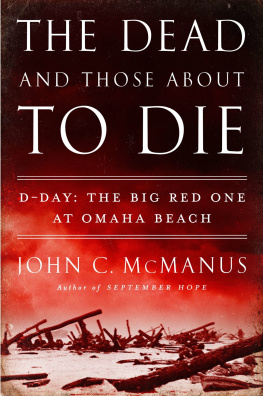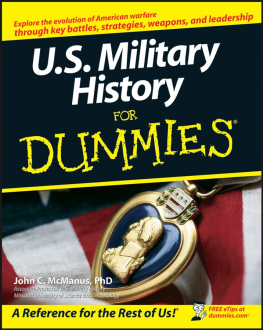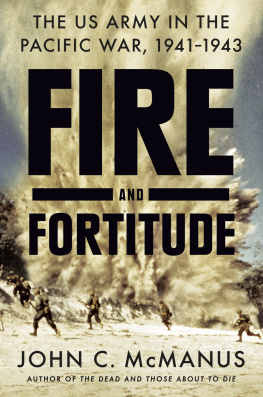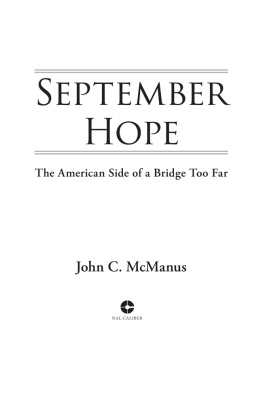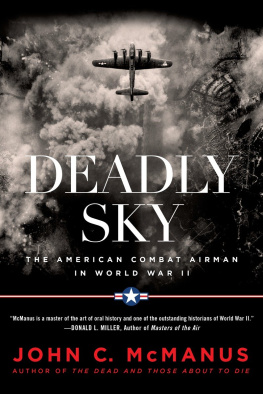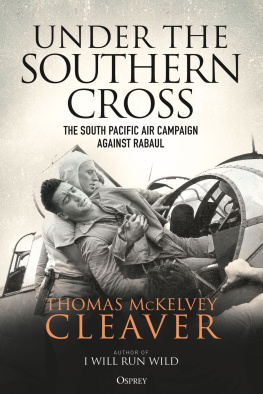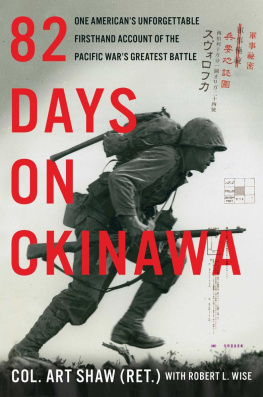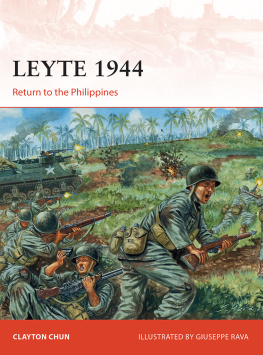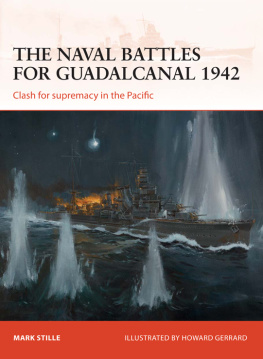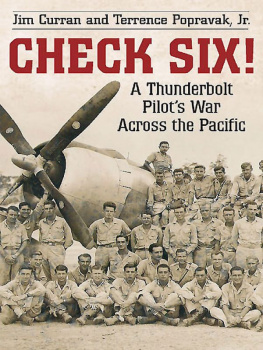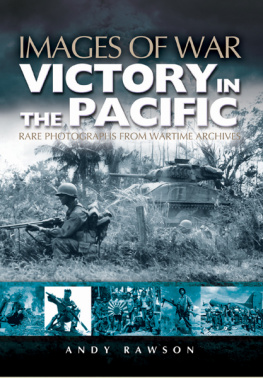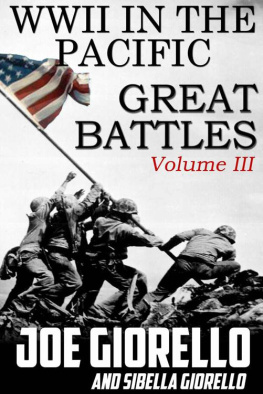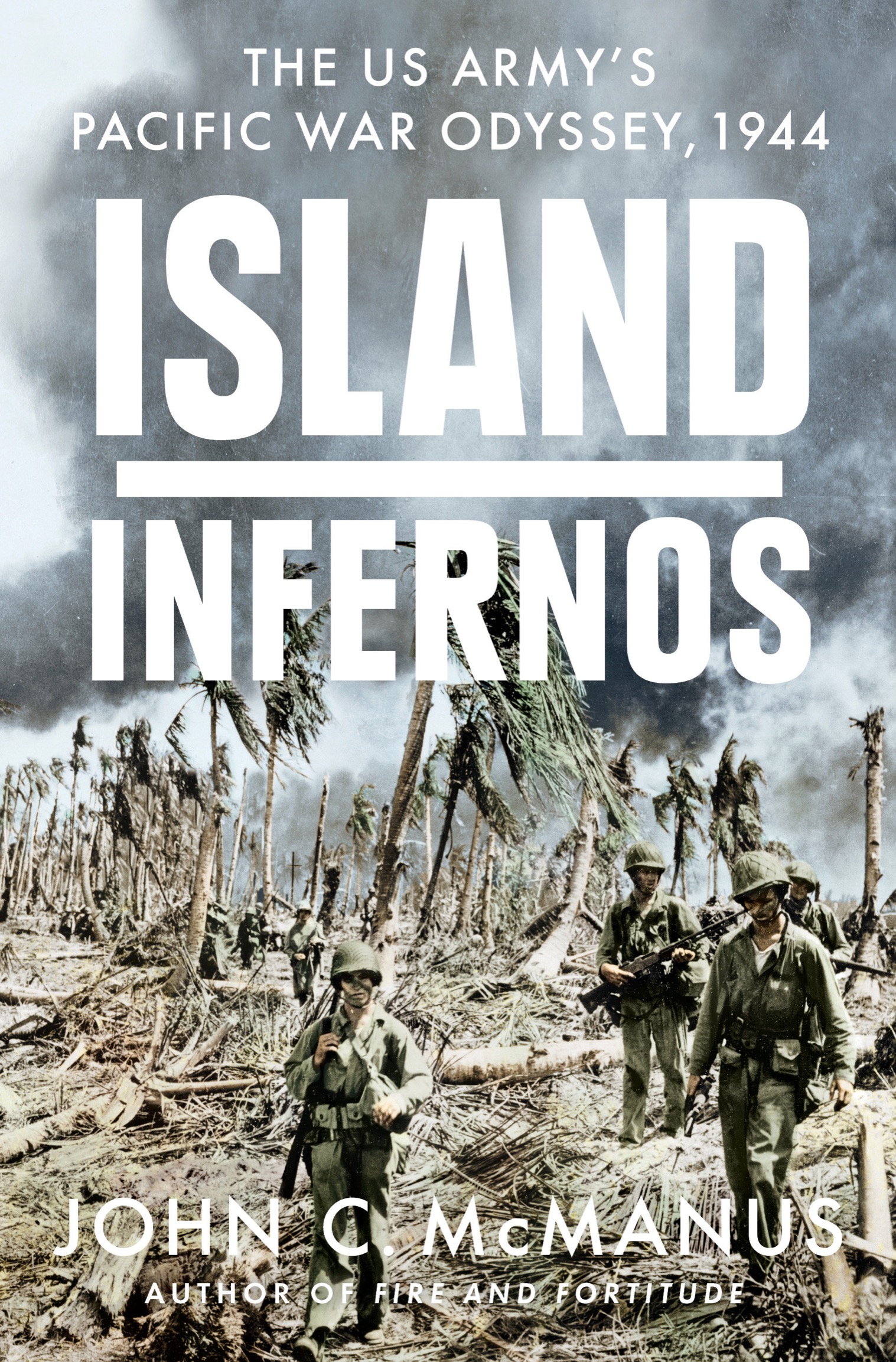
ALSO BY JOHN C. M c MANUS
Fire and Fortitude: The US Army in the Pacific War, 19411943
Hell Before Their Very Eyes: American Soldiers Liberate Concentration Camps in Germany, April 1945
The Dead and Those About to Die: D-Day: The Big Red One at Omaha Beach
September Hope: The American Side of a Bridge Too Far
Grunts: Inside the American Infantry Combat Experience, World War II Through Iraq
American Courage, American Carnage: The 7th Infantry Regiments Combat Experience, 1812 Through World War II
The 7th Infantry Regiment: Combat in the Age of Terror, the Korean War Through the Present
U.S. Military History for Dummies
Alamo in the Ardennes: The Untold Story of the American Soldiers Who Made the Defense of Bastogne Possible
The Americans at Normandy: The Summer of 1944The American War from the Normandy Beaches to Falaise
The Americans at D-Day: The American Experience at the Normandy Invasion
Deadly Sky: The American Combat Airman in World War II
The Deadly Brotherhood: The American Combat Soldier in World War II

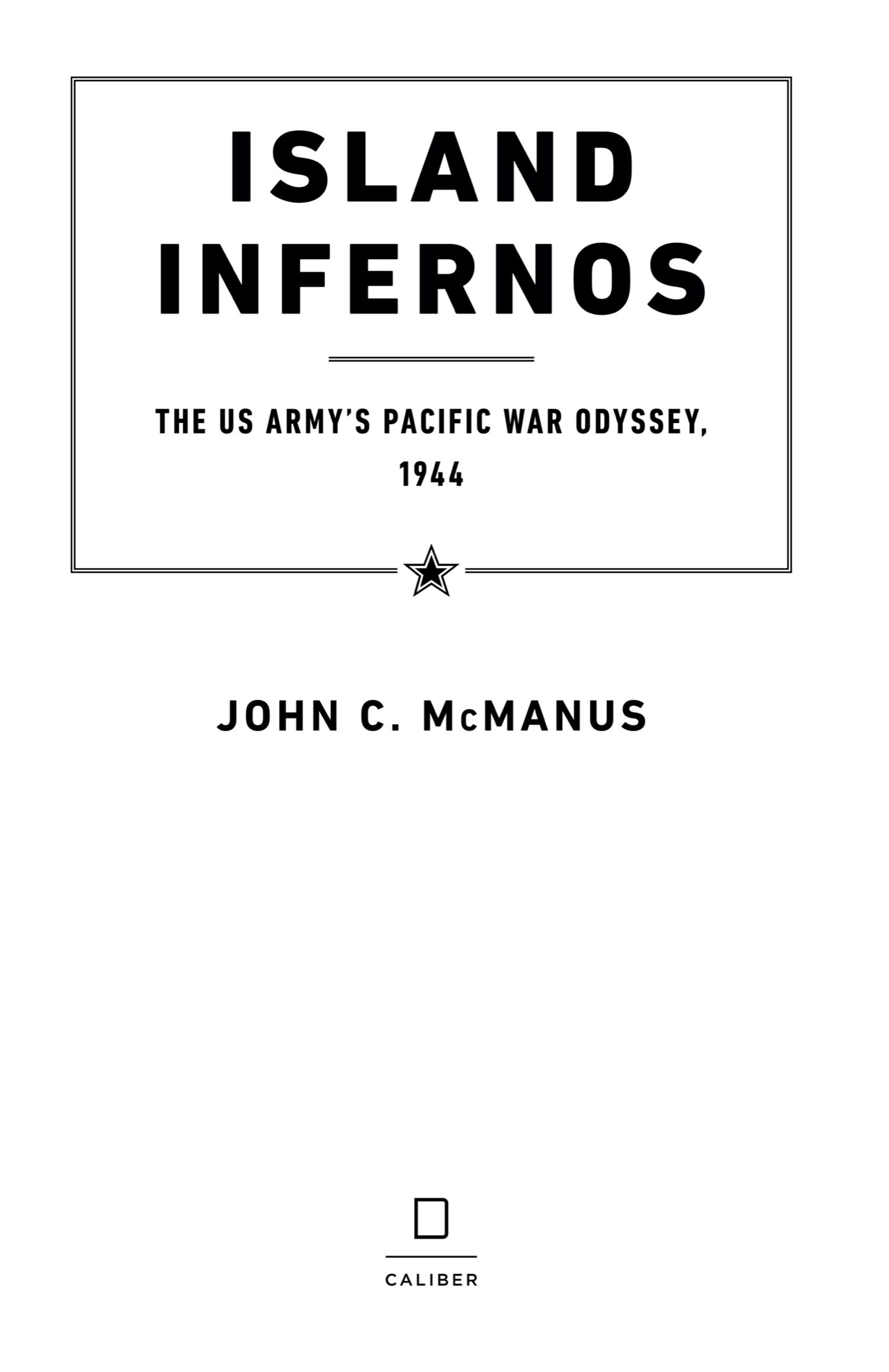

An imprint of Penguin Random House LLC
penguinrandomhouse.com
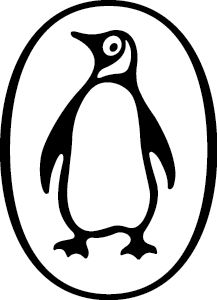
Copyright 2021 by John C. McManus
Penguin supports copyright. Copyright fuels creativity, encourages diverse voices, promotes free speech, and creates a vibrant culture. Thank you for buying an authorized edition of this book and for complying with copyright laws by not reproducing, scanning, or distributing any part of it in any form without permission. You are supporting writers and allowing Penguin to continue to publish books for every reader.
DUTTON CALIBER and the D colophon are registered trademarks of Penguin Random House LLC.
library of congress cataloging-in-publication data
Names: McManus, John C., 1965 author.
Title: Island infernos : the US Armys Pacific War odyssey, 1944 / by John C. McManus.
Description: New York : Dutton Caliber, Penguin Random House LLC, [2021] |
Includes bibliographical references and index.
Identifiers: LCCN 2021009801 (print) | LCCN 2021009802 (ebook) |
ISBN 9780451475060 (hardcover) | ISBN 9780698192775 (ebook)
Subjects: LCSH: World War, 19391945CampaignsPacific Area. |
United States. ArmyHistoryWorld War, 19391945.
Classification: LCC D767 .M36 2021 (print) | LCC D767 (ebook) |
DDC 940.54/26dc23
LC record available at https://lccn.loc.gov/2021009801
LC ebook record available at https://lccn.loc.gov/2021009802
While the author has made every effort to provide accurate telephone numbers, internet addresses, and other contact information at the time of publication, neither the publisher nor the author assumes any responsibility for errors or for changes that occur after publication. Further, the publisher does not have any control over and does not assume any responsibility for author or third-party websites or their content.
Adapted for ebook by Estelle Malmed
Cover design by Jason Booher based on series design by Steve Meditz
Cover image: American troops push inland on Kwajalein Island, January or February 1944. (US Army / Interim Archives / Getty Images)
pid_prh_5.8.0_c0_r0
To Nancy, with all my Love...
To the Pacific Theater veterans, so many of whom experienced far more anonymity than glory...
To the McManus and Woody families
To my incredible parents, Michael and Mary Jane McManus, and to Ruth and Nelson, who have treated me as their son...
Contents
Authors Note
Most Pacific theater events and operations took place on the other side of the International Dateline from North America. Thus, all dates and times in this series are local. To avoid confusion between morning and afternoon times, this series employs the twenty-four-hour military clock. For instance, 8 a.m. is 0800; 2 p.m. is 1400, and so on.
In the Japanese and Chinese languages, surnames are listed before given names, i.e., Tojo Hideki rather than Hideki Tojo. This is the exact opposite of Western practice. Because this is a work written in the English language, Japanese and Chinese names will be listed in the Western style, except with individuals, such as Chiang Kai-shek or Mao Zedong, whose names are widely known in their correct cultural format.
The terms Jap and Nip are viewed today as racist and offensive. However, during World War II, they were used so commonly among Americans, Australians, and Britonseven generals and policy makersas to take on the status of mundane slang. As such, I will make no attempt to excise the terms from the quoted sources in this series. In no way does this indicate my acceptance or approval of these pejorative words.
Throughout the series, the terms Pacific War and Pacific/Asia War are interchangeable.
All rank designations are current. Many soldiers were promoted several times in the course of the war. In this series, I use the rank of the person at the appropriate time frame. For instance, Douglas MacArthur began 1944 as a four-star general. In the passages that cover this phase of his life, I refer to him as a general. Later, he was promoted to five-star rank. Thus, in subsequent chapters, I recognize his new ranks and refer to him appropriately.
The term native to describe peoples of Asia, Pacific islands, Melanesia, and the like is, in my view, an inappropriate, patronizing, and somewhat dehumanizing legacy of colonialism. After all, one does not refer to someone from France or Poland as a native, so why would one use the term to describe someone from Burma or Guadalcanal? Thus, this series eschews the term native in favor of appropriate local or ethnic designations. The exception, of course, is in quotes from contemporary sources.
There are many versions and dialects of Chinese (Mandarin, Cantonese, etc.). Thus names, places, and terms can have strikingly different English translations, i.e., Chiang Kai-shek versus Jiang Jieshi. This series employs the most commonly known versions of names, places, and terms.
Prologue
Beneath a tropical canopy of alien and friendly places, spanning untold thousands of miles, an army waited. And languished. And planned. And trained. And plotted. And innovated. And anticipated. A coiled olive-drab machine, growing in strength and purpose, it had more than two years of campaigns already under its belt, ranging from the disastrous, as in the Philippines, to the triumphant, as at Guadalcanal. Like a young adult just beginning to feel the prodigious power of youth, this burgeoning army stood, as 1944 dawned, on the cusp of full maturity and overarching purpose. From desolate Alaskan outposts to viny, choking jungles in Burma, New Guinea, and the Solomon Islands; from Oahu to Australia and a dizzying array of otherwise insignificant little coral stepping-stone Pacific islands in between, nearly 700,000 soldiers of this growing army were spread across nearly a third of the globes surface, answering to no single commander, a dispersion of geography and command unprecedented before or since in American history.

